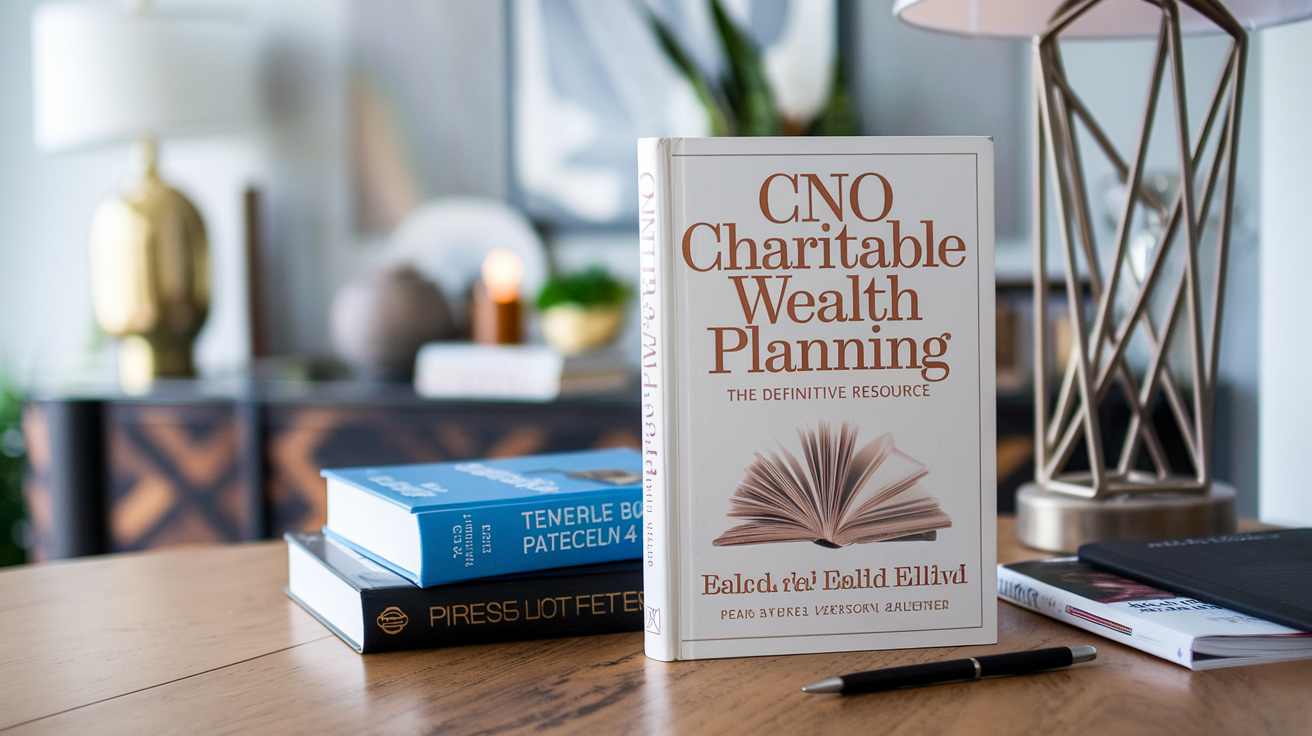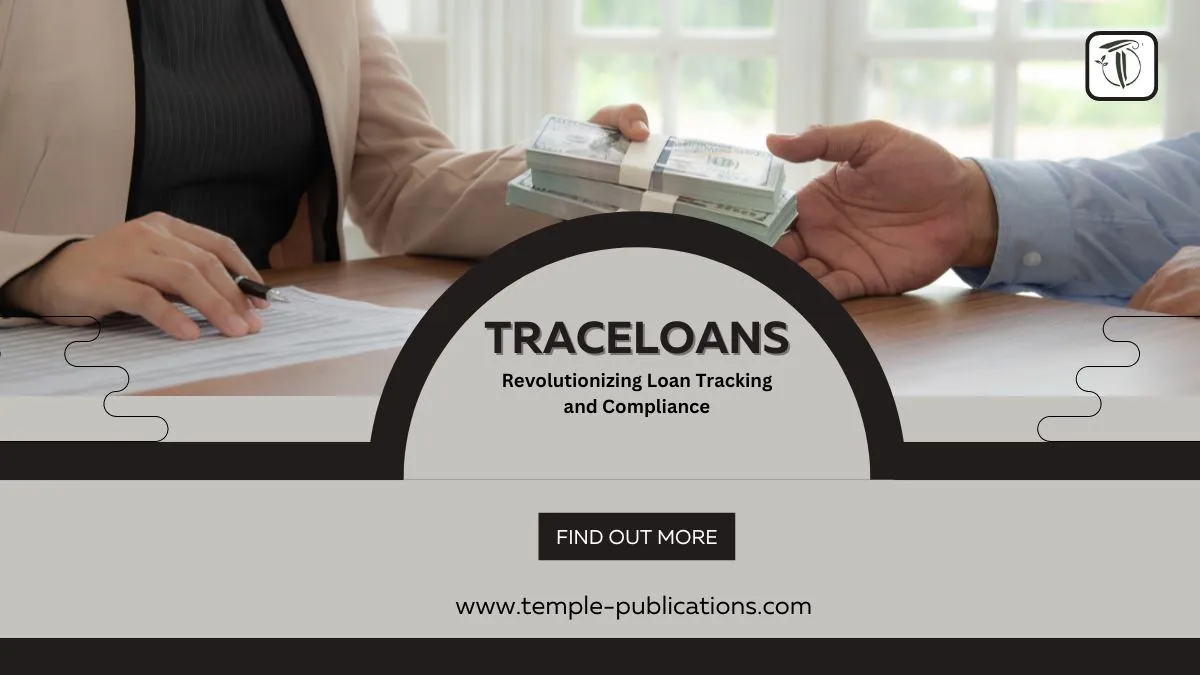CNO Charitable Wealth Planning: Creating a Legacy That Makes a Difference
When we think of wealth, we often imagine luxury, comfort, and security for ourselves and our loved ones. But have you ever considered how your wealth could also be used to improve the world? That’s where CNO charitable wealth planning comes into play. This article will guide you through the essentials of planning your wealth in a way that secures your future and contributes to the causes that matter most to you.
CNO charitable wealth planning can be incredibly fulfilling, especially when you share your prosperity with others. Imagine using your hard-earned assets to bring about meaningful change—to support education, fight poverty, protect the environment, or fund life-saving research. Let’s dive deeper into how charitable wealth planning can create a lasting legacy and the steps you can take to make it happen.
What Is Charitable Wealth Planning?
CNO charitable wealth planning is the process of organizing and managing your wealth to not only provide for your family but also benefit philanthropic organizations. It’s a unique approach that integrates your financial goals with your desire to give back to society. By utilizing various strategies, you can create a plan that ensures your charitable contributions are as impactful as possible.
Charitable wealth planning isn’t just for the super-rich. Anyone with a giving heart can participate, regardless of the size of their assets. It’s about strategically aligning your financial resources to positively affect your community and the causes you care about while also securing your financial well-being.
Benefits of CNO Charitable Wealth Planning
There are many reasons why people turn to CNO charitable wealth planning. Some of the benefits include:
- Tax Savings: Charitable donations can offer significant tax advantages, helping reduce the tax burden on your estate.
- Legacy Building: Charitable giving allows you to leave behind a lasting impact, creating a legacy for future generations.
- Emotional Fulfillment: Giving back brings a deep sense of joy and satisfaction. Knowing you are helping make a difference in others’ lives can be incredibly rewarding.
Understanding Your Charitable Goals
The first step in CNO charitable wealth planning is understanding your philanthropic goals. What causes are closest to your heart? Do you want to support medical research, educational initiatives, environmental conservation, or the local arts community?
Here are some questions to ask yourself when setting charitable goals:
- Which causes resonate with you?
- Do you want to give locally, nationally, or globally?
- Would you prefer to give during your lifetime or through your estate?
- How much control do you want over how the Money is used?
Answering these questions will provide you with clarity and help guide your charitable wealth planning strategy.
Critical Strategies for Charitable Wealth Planning
Several tools and strategies can help you effectively incorporate charitable giving into your wealth planning. Here are some of the most common methods used in CNO charitable wealth planning:
Donor-Advised Funds (DAFs)
A donor-advised fund (DAF) is a simple, flexible, and tax-efficient way to give to charity. It functions like a charitable savings account. You contribute to the fund, get an immediate tax deduction, and recommend grants to your favourite charities over time. DAFs are popular because they are easy to set up and manage and allow you to support multiple charities.
Benefits of Donor-Advised Funds
- Immediate Tax Deduction: You get a tax deduction when you contribute to the DAF, even if the donations are distributed later.
- Flexibility: You can contribute to the fund at any time and decide when and to which charities to make grants.
- Simplicity: Donor-advised funds are less complex than setting up a private foundation.
Charitable Trusts
Charitable trusts are an excellent way to make a substantial charitable contribution while retaining some control over your assets. There are two primary types of charitable trusts—Charitable Remainder Trusts (CRTs) and Charitable Lead Trusts (CLTs).
Charitable Remainder Trust (CRT)
A charitable remainder trust provides you or other beneficiaries an income stream for a specific period. After that period, the remaining assets go to charity. CRTs are beneficial because they provide income while allowing you to support your favourite charities.
Charitable Lead Trust (CLT)
A charitable lead trust works the opposite way. The charity receives an income stream for a specified term, and at the end of that term, the remaining assets are transferred to your beneficiaries. This is a good option for those who want to support charity now while passing assets to their heirs with reduced tax implications.
Private Foundations
A private foundation is an independent legal entity to support charitable activities. It’s an excellent option for those who want more control over their giving. Unlike donor-advised funds, a private foundation allows you to manage grants, set charitable priorities, and make investments directly. However, setting up a private foundation can be more costly and complex, requiring ongoing administrative work.
Charitable Gift Annuities
A charitable gift annuity is a contract between you and a charity. You make a sizable donation, and the charity pays you (or someone else) a fixed income for life. Upon your passing, the charity retains the remaining funds. Charitable gift annuities are a great way to secure a reliable income stream while making a positive impact.
Incorporating Charitable Wealth Planning into Your Estate Plan
Estate planning is an essential aspect of CNO charitable wealth planning. Incorporating charitable giving into your estate plan helps ensure your assets are distributed according to your wishes. Here are some ways to include charitable wealth planning in your estate plan:
Bequests in Your Will
One of the simplest ways to include charitable giving in your estate plan is by making a bequest in your will. This involves designating a portion of your estate to a specific charity. Bequests can be a fixed dollar amount, a percentage of your estate, or a particular asset.
Beneficiary Designations
You can also designate a charity as the beneficiary of your retirement accounts, life insurance policies, or investment accounts. This straightforward way to support a charity often comes with tax benefits.
Tax Benefits of CNO Charitable Wealth Planning
One of the critical benefits of CNO charitable wealth planning is the tax advantages it offers. Charitable giving can reduce income, capital gains, and estate taxes. Here’s a closer look at the tax benefits:
Income Tax Deductions
You may be eligible for an income tax deduction when you make a charitable donation. The deduction amount depends on factors like the type of asset donated, the charity’s status, and whether the donation is cash or property. Donor-advised funds, charitable trusts, and direct contributions all provide opportunities for income tax deductions.
Capital Gains Tax Benefits
If you donate appreciated assets such as stocks or real estate, you may be able to avoid paying capital gains tax on the appreciation. This makes donating appreciated assets an intelligent way to maximize your contributions while minimizing your tax liability.
Estate Tax Reduction
Charitable giving can also help reduce estate taxes. By leaving a portion of your estate to charity, you can lower the taxable value of your estate, which means your heirs may end up paying less in estate taxes.
Creating a Family-Giving Legacy
One of the most meaningful aspects of CNO charitable wealth planning is the ability to create a family-giving legacy. Involving your children and grandchildren in your charitable planning can instil values of generosity and social responsibility.
Engaging Your Family
- Discuss Charitable Values: Talk with your family about the causes that matter to you.
- Make Decisions Together: Involve your family members in deciding which charities to support.
- Create a Family Foundation: If feasible, establish a family foundation where everyone plays a role in grant-making decisions.
By engaging your family, you can ensure that your charitable legacy continues for generations and that your loved ones understand the importance of giving back.
Choosing the Right Charitable Wealth Planning Approach
Selecting the right approach to CNO charitable wealth planning depends on several factors, including your estate size, giving preferences, and financial goals. Here are a few things to consider when choosing the best approach:
- Control: How much power do you want over your charitable donations? A private foundation might be the best choice if you desire full power. If you prefer a more straightforward option, consider a donor-advised fund.
- Tax Benefits: Determine which strategy provides the best tax advantages for your situation. A financial advisor can help you understand the tax implications of each option.
- Complexity: Some charitable giving vehicles are more complex than others. Choose an option matching the administrative responsibility level you are willing to take on.
Potential Challenges in Charitable Wealth Planning
While CNO charitable wealth planning has numerous benefits, it also has some challenges. Being aware of these challenges can help you make informed decisions.
Administrative Costs and Complexity
Setting up and maintaining certain charitable giving vehicles, such as private foundations, can be costly and time-consuming. You’ll need to weigh the benefits of control and customization against the potential administrative burden.
Choosing the Right Charity
Selecting the right charities to support can be overwhelming. There are thousands of nonprofits, each with its mission, values, and effectiveness. Researching charities thoroughly is crucial to ensure your donations are used effectively and align with your values.
Family Dynamics
When incorporating family members into your charitable planning, differing opinions can lead to tension. It’s essential to have open communication and shared goals to avoid potential conflicts.
Example Table: Comparison of Charitable Giving Vehicles
To help visualize the differences between the various charitable giving methods, here’s a table summarizing their features:
| Charitable Giving Vehicle | Control Over Funds | Tax Benefits | Complexity | Beneficiaries |
|---|---|---|---|---|
| Donor-Advised Fund (DAF) | Moderate | Immediate income tax deduction | Low | Multiple charities |
| Charitable Remainder Trust | Moderate | Income stream and estate tax benefits | Medium | Charity after beneficiaries |
| Private Foundation | High | Income tax deductions, estate tax reduction | High | Flexible |
| Charitable Gift Annuity | Low | Fixed income and income tax deduction | Low | Charity after annuity ends |
Working with Financial Advisors
Creating an effective CNO charitable wealth planning strategy can be challenging to navigate on your own, especially if you have a complex financial situation. Consulting with financial advisors, estate planners, or tax professionals can help you develop a plan that aligns with your goals.
Why You Need a Professional Advisor
- Expertise: Financial advisors understand the intricacies of charitable giving vehicles and can help you choose the best options.
- Tax Efficiency: An advisor will help you maximize your tax savings, ensuring your giving is as efficient as possible.
- Personalization: They will tailor the plan to your unique needs and preferences, whether you’re focusing on family security, charitable impact, or both.
Final Thoughts on CNO Charitable Wealth Planning
Incorporating CNO charitable wealth planning into your financial strategy is about more than just tax breaks and saving Money—it’s about building a meaningful legacy and creating a positive impact. Whether driven by a passion for education, health, community service, or the environment, charitable wealth planning allows you to make a difference.
As you start your journey toward charitable giving, remember that every contribution counts, big or small. It’s about turning your wealth into something more significant that benefits others for years. With careful planning, you can create a legacy that reflects your values, supports your loved ones, and makes a difference in the world.
So, why not take the first step today? Speak with a financial advisor about CNO charitable wealth planning, define your philanthropic goals, and start building a legacy that truly matters.



